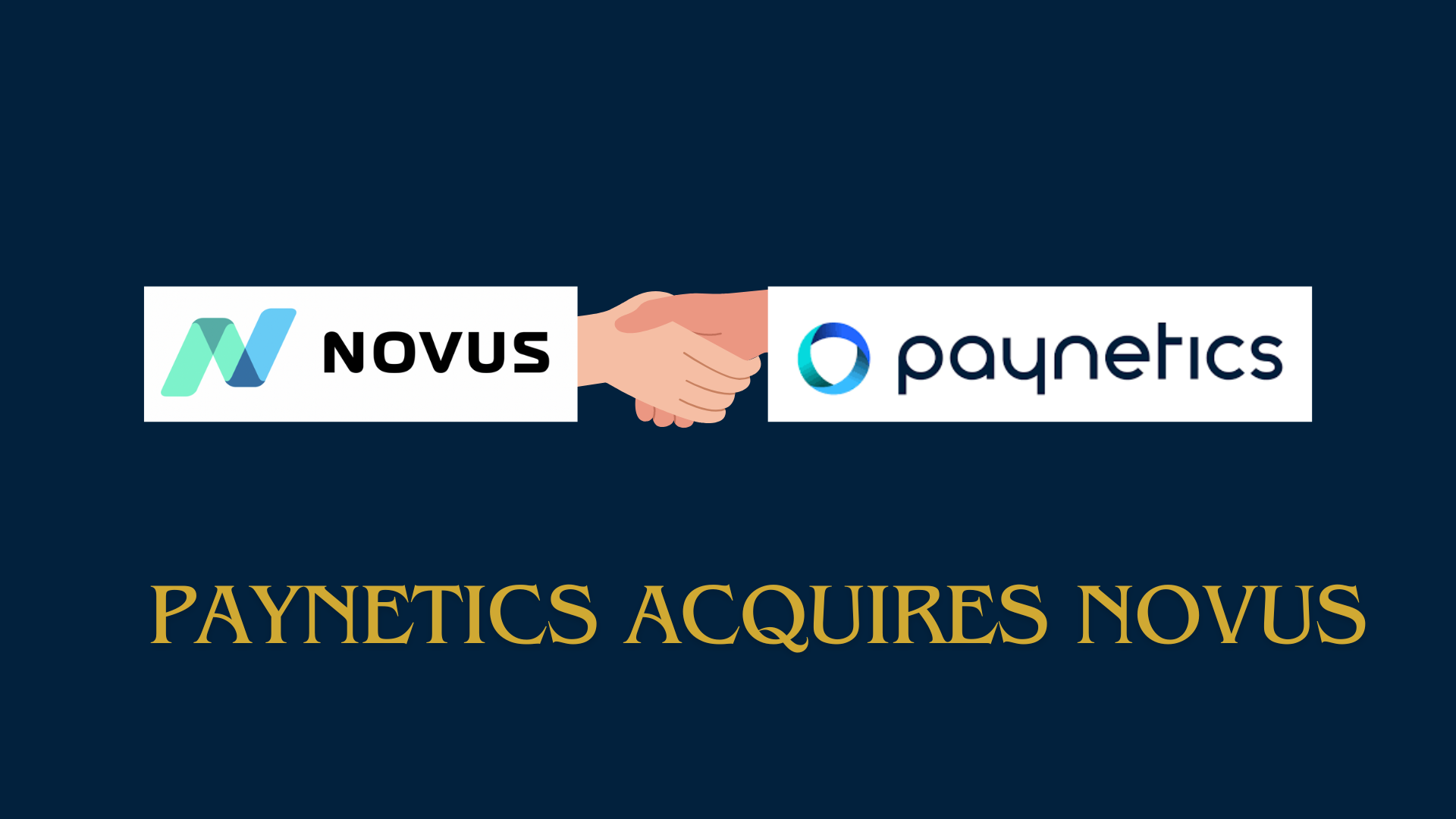The fintech world is abuzz with a strategic merger that promises to push the boundaries of sustainable finance. In a move as ambitious as it is timely, Paynetics, a frontrunner in embedded finance, has announced the acquisition of Novus, marking a significant milestone in the evolution of Environmental, Social, and Governance (ESG) in the financial services sector.
A Tale of Two Fintech Pioneers
At the heart of this acquisition lies the shared vision of two financial innovators. Paynetics, a rising star in the field of embedded finance, champions a future where payments and finances are seamlessly integrated into everyday experiences. On the other hand, Novus entered the scene as the UK’s neobank, a beacon in the movement to make banking not just smarter but also more responsible.
To understand the impact of this acquisition, one must first grasp the scope of Paynetics’ operations. Embedded finance, a concept increasingly gaining traction, involves the integration of financial services into digital platforms, from travel apps to e-commerce marketplaces. Paynetics was already at the forefront, enabling businesses to offer financial products within their customer journeys.
Novus, on the other hand, represented a fresh take on banking. Touting itself as an ‘Impact Neobank,’ Novus aligned its banking services to reflect a commitment to positive social and environmental outcomes. Their vision was not merely to offer financial products but to use them as levers for good, using finance as a force for positive change.
The Echo of the Merger
The announcement of Paynetics’ acquisition of Novus sent ripples through the industry. It was more than a business deal; it represented the consolidation of ideals into a powerful financial entity. The move is poised to revolutionize the fintech landscape, not just in terms of size, but in terms of the message it sends to the market.
The Paynetics-Novus alliance underscores a commitment to ESG that transcends mere marketing buzzwords. For Paynetics, the merger is not only about expanding its portfolio; it is a strategic step to embed sustainability and social responsibility at the core of its offerings. Novus brings with it a reputation and a product line that resonates deeply with Paynetics’ ambitions.
But how, exactly, does Novus fit into Paynetics’ ESG mission? Novus, with its emphasis on delivering ‘Impact Accounts’ and sole focus on funding sustainable enterprises, complements Paynetics’ intent to intertwine finance with societal welfare. Together, the two are poised to form a powerful conduit through which capital can flow not just for profit but for the planet and its people.
Echoes in the Industry
The acquisition has not gone unnoticed by industry observers. Experts are quick to point out the ripple effects this union may have, from influencing the broader fintech trend to reshaping the expectations of consumers in an increasingly values-driven market. The industry is watching closely, sensing that this could be the dawn of a new era in finance.
The future is never static, and the acquisition between Paynetics and Novus is a catalyst for change. With Novus under its wing, Paynetics stands at a unique crossroads, where its choices and actions can shape not only its future but that of the fintech ecosystem. We can only speculate on the new services, products, and partnerships that this engagement will spark.
Conclusion: A Merger that Echoes in the Fintech World
In the final analysis, Paynetics’ acquisition of Novus is more than a business proposition. It is a declaration – a declaration that ESG is not a niche market but the future of finance. It resonates with the values of a new generation of investors and customers, for whom the triple bottom line of profit, people, and the planet holds more sway than traditional metrics.
Especially in this time of climate challenges and social change, such initiatives could lead the charge in financial reinvention that is both innovative and sustainable. This merger is a model for how financial institutions, regardless of size or legacy, can pivot to join the mission of building a better, more responsible financial world.

